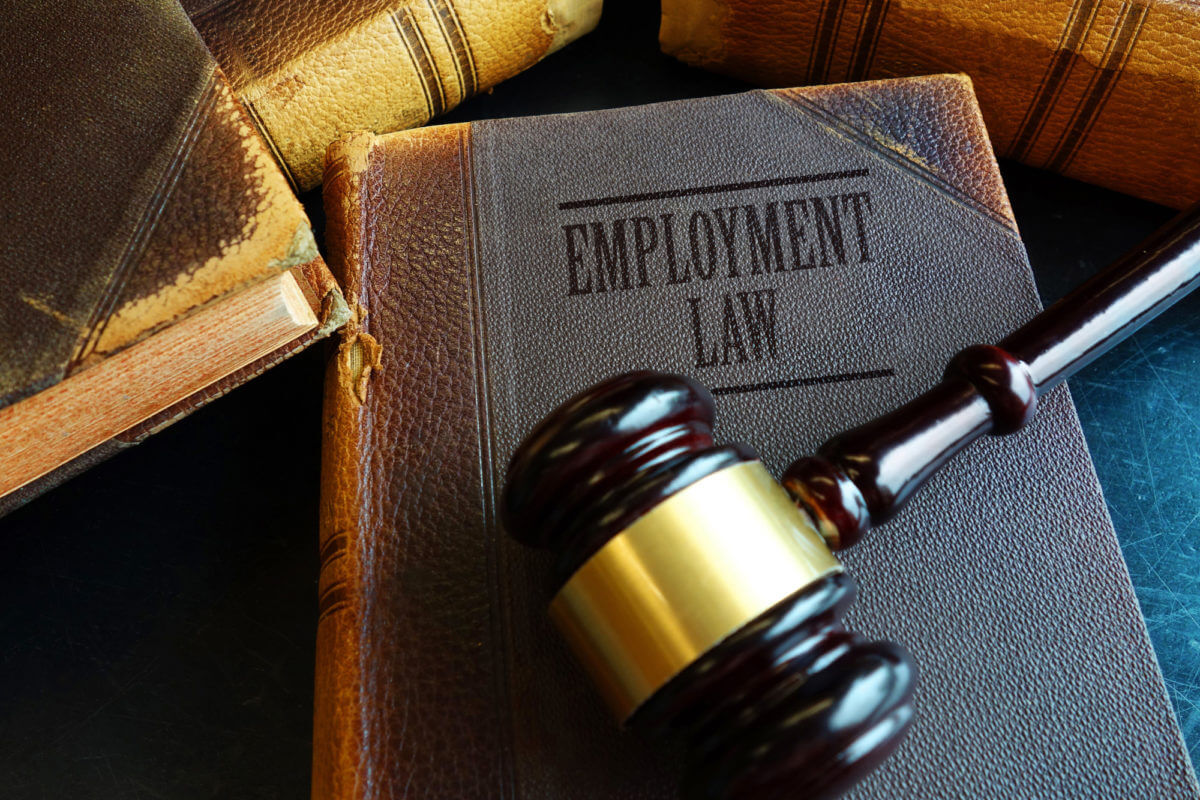In 2017, approximately 767,721 people filed for bankruptcy. Bankruptcy provides more relief to consumers than any other form of debt-relief solution.
As you evaluate your financial situation, have you decided that bankruptcy is right for you? If you strongly believe this, you should begin searching for a bankruptcy lawyer to hire to assist you.
If you're wondering how to find the right one, continue reading this guide to learn how to select the right bankruptcy lawyer for your case.
Ask Your Friends and Family for Referrals
When you're looking for a lawyer to hire, one of the best places to start is with your friends and family. If you know of a person that filed for bankruptcy, ask that person for a referral.
Asking your friends and family members might offer a way for you to get some names of attorneys that offer bankruptcy services.
When someone gives you the name of a lawyer, ask that person the following questions:
- Did you use the lawyer for a bankruptcy case?
- Would you hire him or her again?
- Were you satisfied with the services and outcome of your case?
- What are the best things about this lawyer?
Asking the right questions can help you narrow down your choices for hiring a lawyer. Once you get some names, you can start researching them and learning more about each one.
Talk to Your Lawyer
If your friends and relatives do not provide you with a lot of helpful information, talk to your lawyer. Do you have a lawyer that you go to when you experience legal troubles?
If you do, you can ask him or her for referrals for bankruptcy lawyers. Your lawyer might even provide these services, as many law firms specialize in many areas of practice.
Getting referrals from your lawyer, friends, or relatives provides a way for you to get the names of lawyers you could consider for your bankruptcy case.
Research Local Law Firms
Next, you may want to look up all the lawyers in your area that provide bankruptcy services. For example, you could type in "Omaha bankruptcy lawyers" to get a list of every attorney that provides bankruptcy services in this area.
From there, you can begin researching individual lawyers. As you do this, you might wonder how to look up a lawyer's credentials. If you want to do this, you can by checking with the American Bar Association (ABA).
The ABA allows you to look up a lawyer to find out what credentials he or she has. Looking this up is critical, as you want to choose a lawyer with the right licenses in your state.
Read Reviews
Another excellent step to take is reading reviews. When people hire lawyers for legal issues, they will often rate their attorneys and leave reviews about them.
Reading these reviews gives you the ability to hear from clients of these attorneys. You can read about how people felt with the attorney's services, and you can learn more about a lawyer's personality through these.
Reviews also help you understand more about the quality of the services a lawyer provides and the affordability of their fees.
Educate Yourself With Bankruptcy Law
Additionally, as you search for a bankruptcy lawyer to hire, you should also consider educating yourself with the bankruptcy process. Learning about bankruptcy can help you ask the right questions when you interview attorneys.
Learning about bankruptcy can also help you learn which branch might be right for you. As you begin educating yourself about bankruptcy, you should aim to understand the differences between Chapter 7 and Chapter 13.
Chapter 7 offers a way to discharge the debts you owe, whereas Chapter 13 requires the repayment of debts. If you prefer using Chapter 7, check out the mean's test. All lawyers use this test to tell if a person qualifies for Chapter 7.
Another area of bankruptcy law to evaluate is the effects on your assets. You risk losing assets with Chapter 7, whereas you don't take this risk with Chapter 13.
Interview a Few Bankruptcy Lawyers
After you complete all the other steps listed here, you should have a list of several lawyers you would like to interview. If this is the case, set up appointments with each one.
Many lawyers offer free consultation services, but you should ask when you call. You should also prepare a list of questions to ask the lawyers that you interview, and you should bring financial documents with you to these visits.
The documents a lawyer will need include the following:
- Pay stubs for the last few months
- A list of all income you received in the last six months
- Your last tax return
- Statements of debts you owe
- Documents that prove the value of the assets you own
You will get more out of the visits if the lawyer can see how much money you earn and how much you owe.
The list of questions you prepare should include:
- What branch should I use?
- What are the differences between the two branches?
- How long will the case take?
- How much will it cost?
- Is there an alternative way out of debt?
- How will this affect my credit?
If you come prepared for these interviews by bringing the right documents and questions, you will get more out of them.
Contact Us to Schedule a Consultation Visit
If you live in the Omaha area and want to discuss your case with a bankruptcy lawyer, call us.
We offer bankruptcy services for consumers, and we can help you determine if you qualify for bankruptcy and if it is the most effective option for your situation.
Would you like more information? If so, contact Welch Law Firm, P.C. to learn more.











